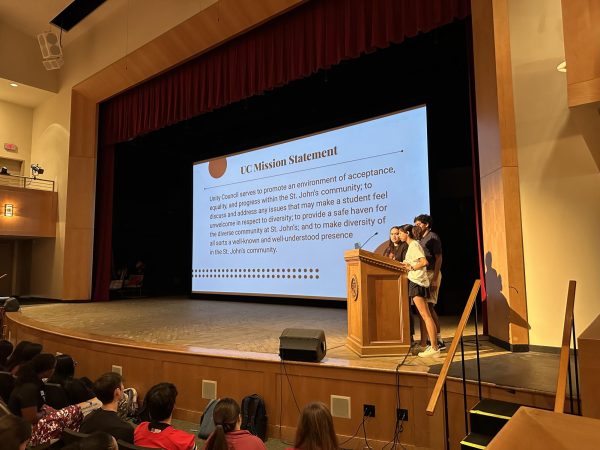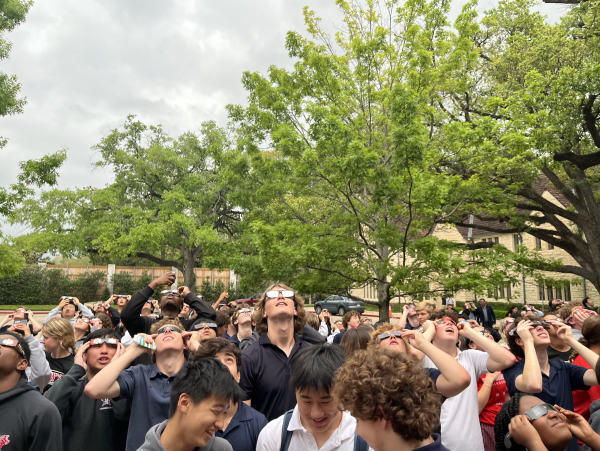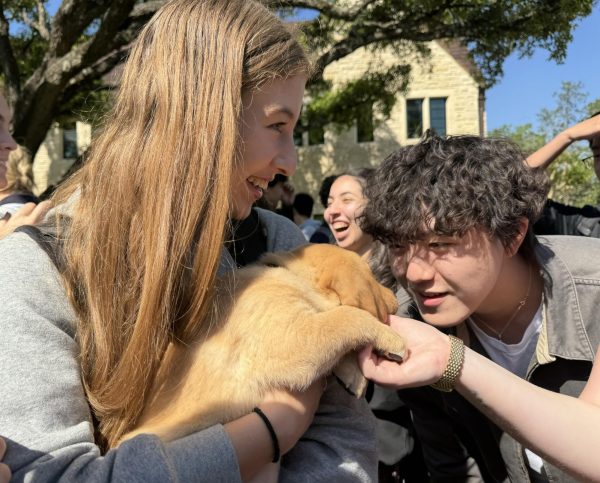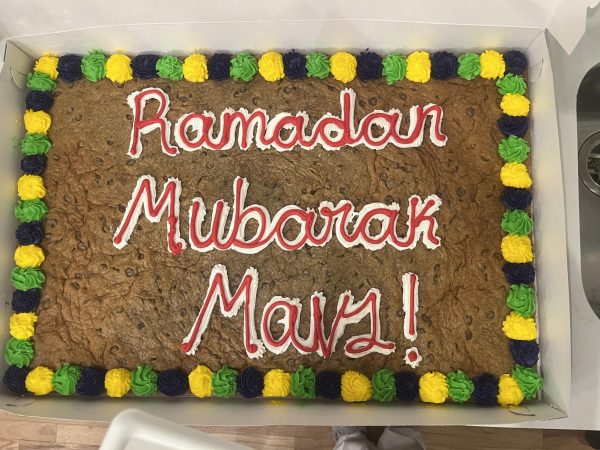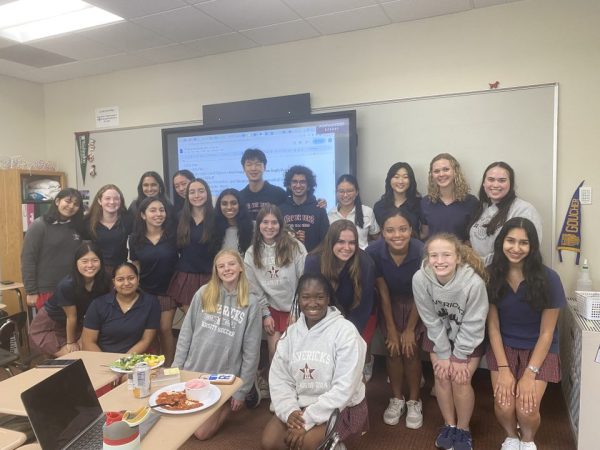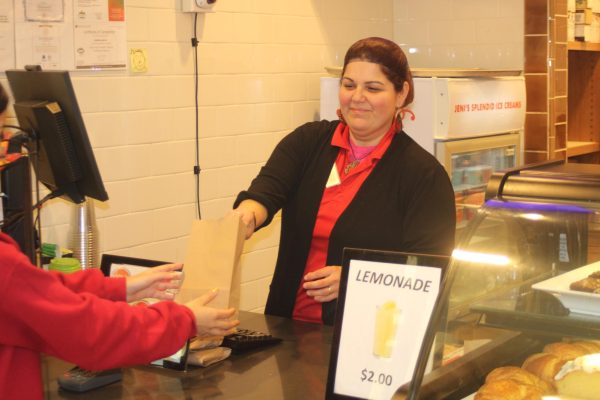Cultural clubs explore food, music at Greek festival
October 14, 2016
Thunderous applause and cries of “opa” filled the auditorium as two adult dancers downed their glasses of wine during a traditional Greek dance called the Zeibekiko.
The dancers were just one glimpse of the 50th Annual Houston Greek Festival. On Saturday, Oct. 8, students from International Club and Greek and Latin Club attended the festival the at the Annunciation Orthodox Church.
They joined a large crowd of first-time attendees, veteran fans, and Greeks. For both the newcomers and veterans, the festival was an exciting way to experience Greek culture.
“I love telling my students little Greek expressions, like how to say ‘please’ and ‘thank you.’ It’s always a conversation starter. Most of the people working there are Greek, so they respond,” Greek teacher Mindy Wolfrom said. The past weekend marked her fourth year taking students to the festival.

Food is one of the most iconic aspects of Greek Fest. The food had been prepared by Greek grandmothers, who typically cook massive amounts of food for their grandchildren. Many of the recipes used to make items such as pastichio, a Greek version of lasagna, have been passed down through generations. Students also enjoyed sweet baklava, savory spanakopita, and loukoumades, a Greek version of doughnut holes.
“It was like heaven on a plate,” sophomore Elizabeth McNeely said.
Another popular activity is watching traditional dances. Performances showcased a large range of dance styles that vary regionally in Greece. Some of the dances include the Zorba, the Pentozali and the Zeibekiko. Some dancers wore costumes passed down from their grandparents.
I love seeing the men dance because in American culture, it’s traditionally women who do the dancing.
“I love seeing the men dance because, in American culture, it’s traditionally women who do the dancing,” Wolfrom said. “It’s not dancing as Americans would dance. It’s a different style and has a folk feeling to it. The tradition of Greek dancing goes back a long way.”

The Gorman sisters explore Greek wares in the bazaar.
Students later visited the gift shop, a part of the church set up as a European market. Greek artisans manned most of the stands, where students could find evil-eye charms, olive trees, and T-shirts displaying Greek pride and humor. Sophomore Catherine Gorman and her sister Margaret bought a baby olive tree to plant in their yard while Wolfrom bought a book about Ancient Greece to use with her students.
“An olive tree is the epitome of Greek culture. In Ancient Greece an olive branch was placed around an Olympic winner’s head,” Catherine said.
Senior Sunnie Liu, leader of International Club, thought the trip was worthwhile.
“We wanted to explore Mediterranean culture outside the classroom and in a more authentic way,” Liu said. “By exposing ourselves to food, music, and tradition, we felt more connected. Having friends around heightened the experience.”












